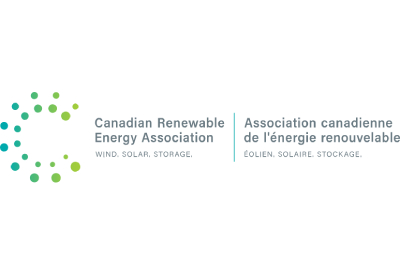CanREA: New Federal Climate Plan a Major Step Toward Net-Zero Greenhouse Gas Emissions

Dec 15, 2020
The Canadian Renewable Energy Association (CanREA) congratulates the Federal Government on the release today of an enhanced plan to address climate change, “A Healthy Environment and a Healthy Economy.” CanREA views this plan as a major step forward on the path to net-zero greenhouse-gas emissions by 2050.
“By making a long-term commitment to regular and transparent increases in Canada’s carbon price, Canada is sending a clear signal to investors in the electricity sector, and across the economy, that the time to invest in low- and no-carbon solutions is now—and that the rate of investment needs to be accelerated,” said Robert Hornung, President and CEO of CanREA.
This plan will advance Canada’s efforts to reduce greenhouse-gas emissions, while also helping Canada compete for the significant economic investment and benefits associated with the transition to a low-carbon economy. It also makes it clear that the pathway to net-zero must be built upon a non-emitting electricity grid that can supply an increased need for electricity to reduce greenhouse-gas emissions caused by transportation, buildings and industry.
“We support the Federal Government’s commitment to ensuring that Canada’s electricity system produces net-zero greenhouse gas emissions by 2050, and we believe a clean-electricity performance standard can be an important tool in enabling this transition,” Hornung said.
Wind energy and solar energy are the most cost-competitive sources of new electricity generation available in Canada today. Energy-storage technologies are well positioned to enable Canada to maximize its deployment of these renewable energy sources. Together, these technologies must play a critical role in Canada’s efforts to reach net-zero.
“CanREA is pleased to see a commitment of $964 million over four years to support renewable power generation and grid modernization. We look forward to working with the Federal Government to flesh out the details of these initiatives in the weeks ahead,” said Hornung. “We were also pleased to see a commitment of $300 million to support remote communities in moving away from polluting and expensive diesel generation, believing as we do that wind, solar and energy storage technologies can play an important role in meeting that objective.”









![Guide to the Canadian Electrical Code, Part 1[i], 26th Edition– A Road Map: Section 56](https://electricalindustry.ca/wp-content/uploads/2022/11/Guide-CE-Code-2.png)






